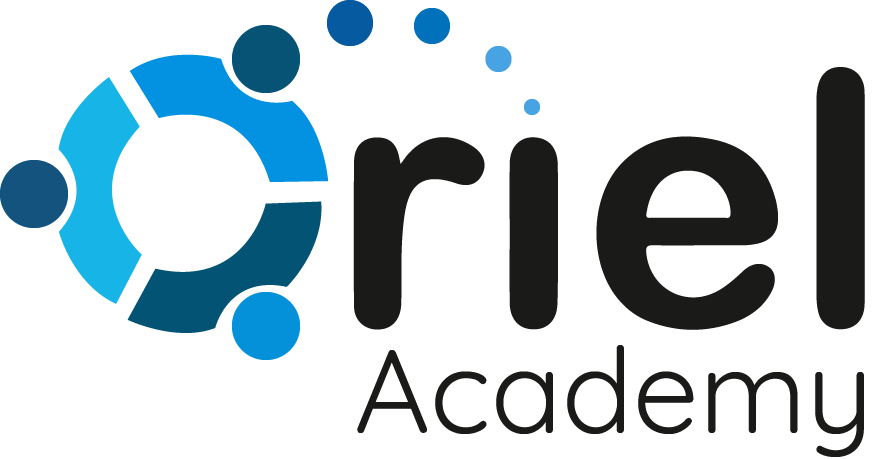More Than Reminders—It’s Reassurance
Sure, a PRM system can send appointment reminders. But it can also do so much more. It can provide a quick heads-up before a procedure, sending a simple “how are you feeling today?” message afterward, or share friendly tips on managing a condition at home.
These aren’t just notifications—they’re reassurances. It shows patients the little signs, as if someone is paying attention to their welfare. And when patients feel cared for between visits, they’re more likely to feel overall satisfied.
Personal Care Feels Better—Because It Is
Nobody wants to feel like just another file number.
A thoughtful PRM strategy helps you treat patients like individuals. For example, it might send a check-up reminder that’s personalized to their history, or a follow-up message that uses their name and references their last visit.
It’s a small touch, but it can make a big difference. It shows patients you remember them, that you’re paying attention—and that their care is truly personal.
Real-Time Help = Real Peace of Mind
We’ve all had moments of confusion after a doctor’s visit. “Wait—was I supposed to fast before that test?” or “What did they say about the dosage again?”
With a good PRM system, patients don’t have to worry about being left in the dark. They can easily reach out through secure messages, check their information in a portal, or receive quick answers when they’re unsure.
That kind of support builds trust—and trust builds satisfaction.
Keeping Patients in the Loop Makes Them Feel in Control
Feeling helpless or uninformed can be one of the worst parts of being unwell. But when patients have access to their records, understand what’s happening, and know what’s coming next, they feel more in control.
PRM gives patients that power. They can log in, see their test results, review their treatment plan, and get helpful health advice. When people understand their care, they’re more likely to feel comfortable and confident in it.
Feedback That Doesn’t Get Lost
Ever filled out a feedback form and wondered if anyone even read it? That’s the opposite of satisfaction.
With PRM, feedback isn’t just collected—it’s acted on. Patients can quickly share how their visit went, how they’re feeling, or what could be better. And when providers respond or make changes based on that feedback, it shows patients that their voices matter.
Feeling heard is one of the most powerful ways to build satisfaction—and loyalty.
A Smoother Experience All Around
Let’s face it: nobody enjoys long waits, repetitive forms, or unclear instructions. PRM helps take the stress out of the healthcare experience by streamlining everything—from digital check-ins to online form submissions and automated updates.
Less hassle = happier patients.
People Remember How You Made Them Feel
Great healthcare isn’t just about diagnoses and prescriptions. It’s about connection. It’s about treating people with care, respect, and kindness—and keeping those values front and center, even outside the exam room.
Patient Relationship Management is one of the most effective ways to make that happen. It helps your team stay connected, your patients stay engaged, and your care feel more personal and meaningful.
In the end, it’s not just about systems. It’s about stories. It’s about the mother who felt reassured after a quick follow-up message. The senior who appreciated being remembered. The young adult who finally understood their care plan because someone took the time to explain it.
That’s what satisfaction looks like. And PRM helps you create it—every single day.
If you’re looking to create stronger relationships and happier patients? We at Oriel Academy would love to help you get started with a PRM approach that works for your team and the people you serve.





